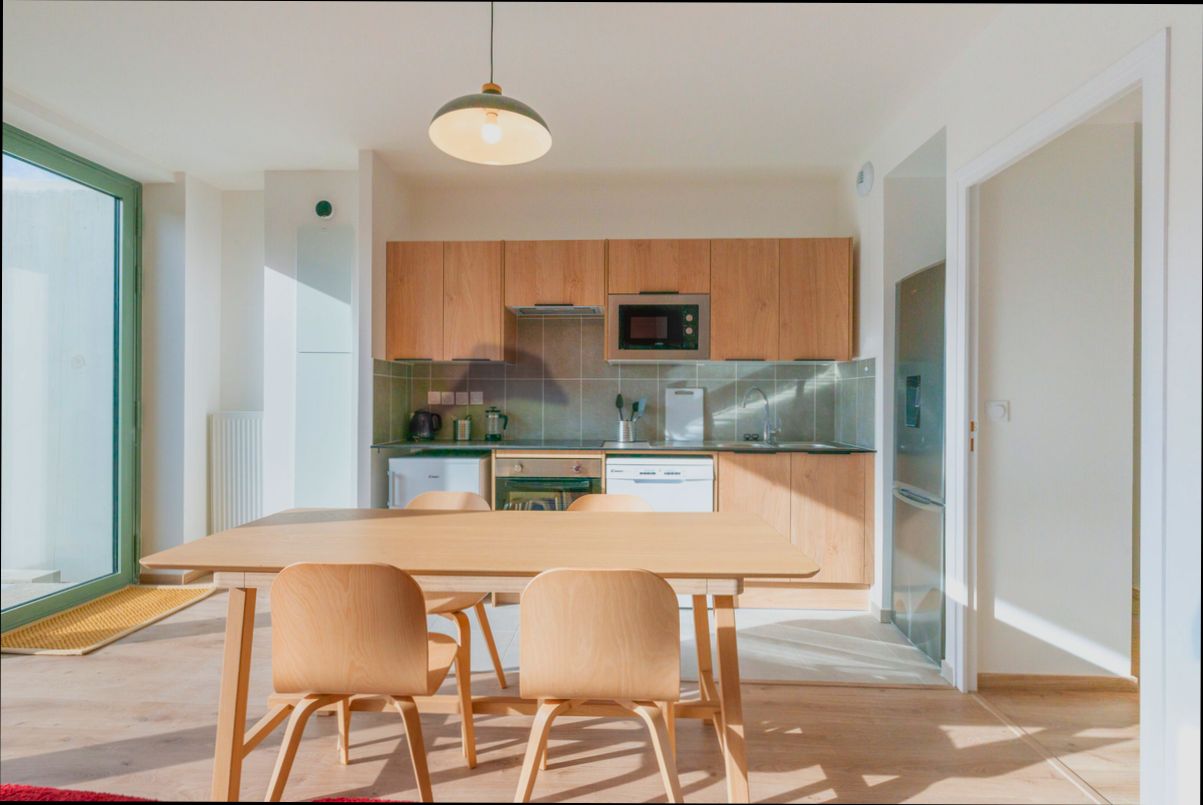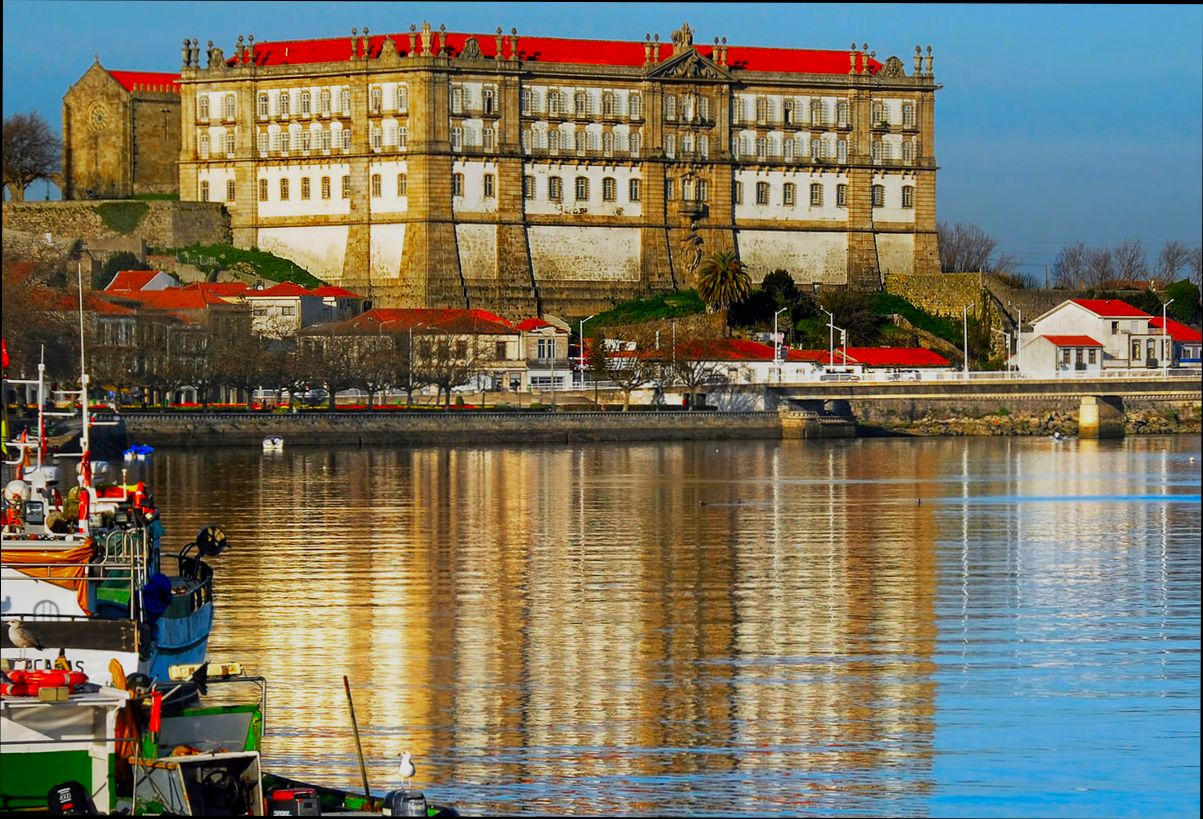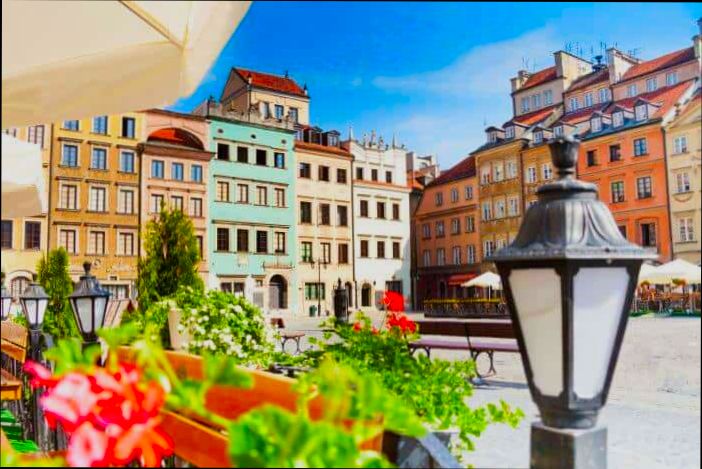Affordable Housing Initiatives in France tackle one of the country’s most pressing issues: the growing need for accessible living spaces. With cities like Paris facing skyrocketing rents—averaging around €35 per square meter—it’s no wonder that the French government is stepping up. Programs like “Habiter Mieux” and “Louer Abordable” are designed to help low-income families secure stable housing. These initiatives aim to renovate older buildings and provide subsidized rents, bringing relief to those who are struggling. Even in 2022, the French government allocated €1.3 billion specifically for housing projects, showing that they’re serious about making a difference.
Cities like Bordeaux and Lyon are leading the charge by prioritizing social housing development, with Lyon planning to construct 5,000 new social housing units by 2026. These projects not only create homes but also foster vibrant communities where people can thrive. Plus, the government’s partnership with private developers brings innovative solutions into play, like modular housing that can be quickly assembled and moved. It’s fascinating to see how France is trying to combat its housing crisis through creative and practical solutions that cater to real needs in vibrant urban settings.
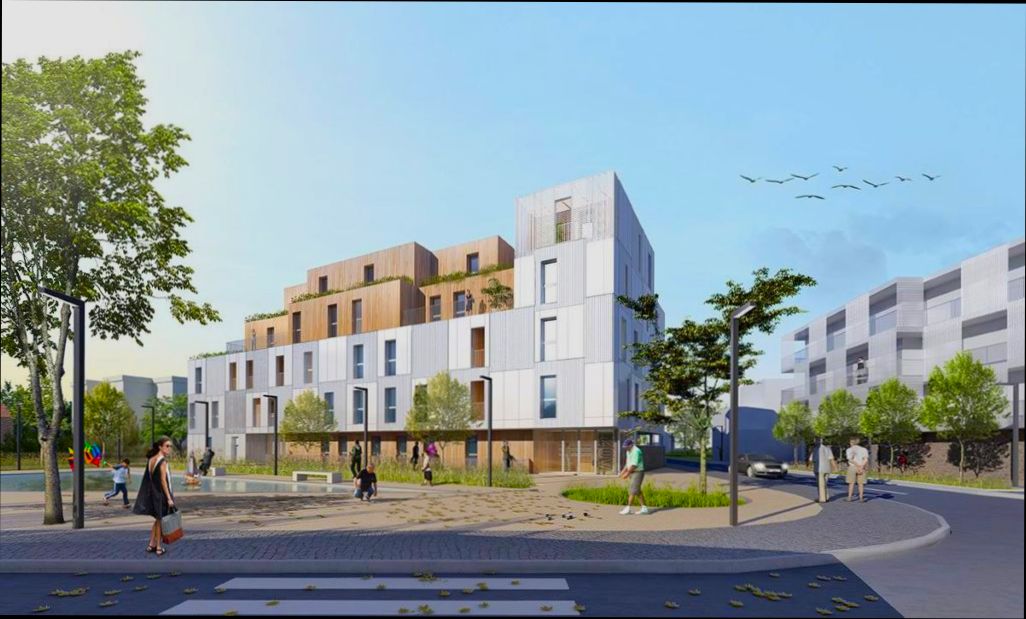
Current Statistics on Housing Affordability
Housing affordability in France has become a pressing issue, with numerous statistics illuminating the extent of the crisis. By understanding these figures, we can better grasp the challenges facing many individuals and families today.
Key Statistics
- In 2021, over 9 million people in France lived below the poverty line, highlighting the significant economic strains many face when it comes to housing.
- A staggering 2.4 million households are currently on the waiting list for social housing, yet only 3% of these applicants qualify under strict eligibility criteria.
- The affordability crisis escalated in 2022 when interest rates surged, adding financial pressure to prospective homeowners and renters alike.
- The rise in homelessness is alarming, with over 330,000 individuals classified as homeless in 2021 compared to 143,000 in 2012, reflecting the dire situation in the housing market.
Comparative Table of Housing Affordability Statistics
| Statistic | 2021 Figures | Comparison to 2012 |
|---|---|---|
| People below the poverty line | 9 million | --- |
| Households on waiting list | 2.4 million | --- |
| Percentage of eligible applicants | 3% | --- |
| Homeless individuals | 330,000 | Increased from 143,000 |
Real-World Examples
The situation is further illustrated by various projects and their impacts. In Paris, for example, ICF Habitat’s project completed in 2021 converted existing structures to provide 19 small social housing units at a total cost of over €11 million. This transformation reflects the city’s challenge to densify available real estate while maintaining affordability.
Another notable initiative highlights the regulatory changes in urban planning. Buildings exceeding 500 square meters are required to include 50% social housing. This regulation aims to address space scarcity while ensuring that new developments remain inclusive.
Practical Implications for Readers
These statistics serve as a call to action for both policymakers and individuals. Understanding the growing backlog in demand for affordable housing can lead to more informed discussions about needed reforms. As demand continues to outstrip supply, exploring alternative housing solutions becomes essential for many seeking stability.
You can contribute to addressing housing affordability by advocating for local initiatives or supporting organizations that aim to increase social housing availability. Engaging in local government discussions and understanding your rights as a renter can also empower you and your community.
Remember, the more informed we are about the current state of housing affordability, the better equipped we become to push for meaningful change in our communities.
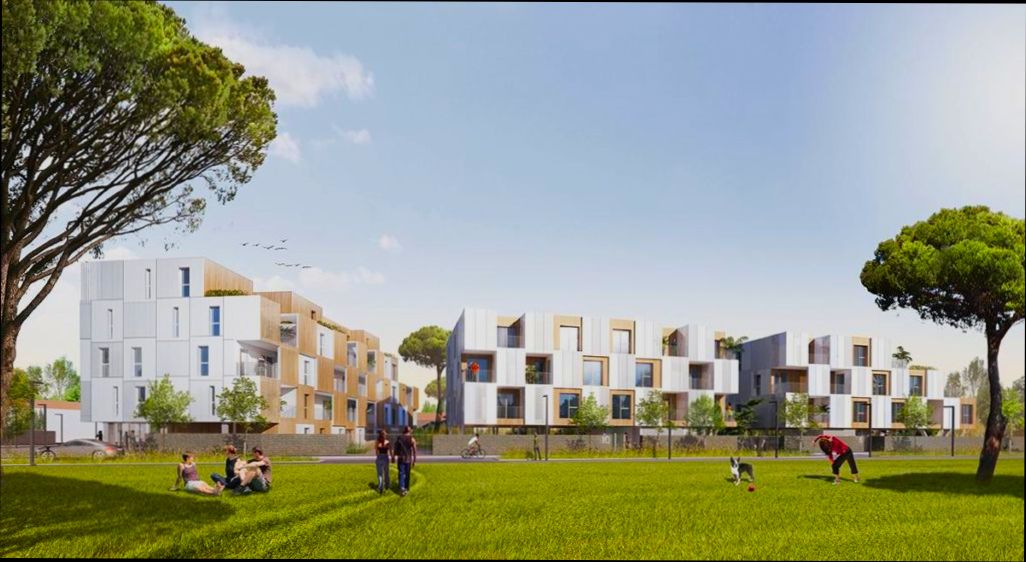
Innovative Models for Social Housing
The quest for affordable housing solutions has led to the emergence of innovative models for social housing in France. These approaches aim to tackle the pressing needs of a growing population and rising costs, shifting the paradigm of traditional housing initiatives.
One of the most promising models is Intermediate Rental Housing (IRH), which is designed to bridge the gap between social housing and the private rental market. By making housing more accessible, these initiatives are not just a response to the immediate crisis but also a long-term strategy to create resilient urban environments.
Key Points on Innovative Models
- Public-Private Partnerships: An increasing number of projects are leveraging collaborative efforts between public entities and private developers. This model enhances the capacity to fund and manage IRH projects effectively, encouraging both sectors to invest in the collective goal of improving housing accessibility.
- Legislative Support: Recent legislative measures, including tax incentives for developers and streamlined zoning laws, have catalyzed the growth of IRH. These policies enable quicker construction timelines and increase the feasibility of building affordable units in urban settings.
- Local Initiatives: Cities such as Paris are leading the charge by designating specific quotas of new developments for IRH. This proactive approach helps to embed affordability into urban planning, ensuring that new developments cater to diverse income levels.
- Market Response: Data shows that developers are recognizing the potential for stable returns from socially responsible projects. The rise in IRH projects indicates a market that is starting to value community-focused development alongside financial gain.
Comparative Table of Innovative Housing Models
| Housing Model | Characteristics | Current Impact |
|---|---|---|
| Intermediate Rental Housing (IRH) | Affordable rates between social and private housing | Provides an option for 2-3 million households |
| Public-Private Partnerships | Collaboration in funding and management | Increases efficiency and efficacy of projects |
| Local Initiative Quotas | Mandated allocations for IRH in new developments | Ensures inclusion in urban planning |
Real-World Examples
- IRH Developments in Paris: The city has successfully allocated specific portions of new housing developments to IRH, leading to a notable increase in affordable units available for eligible residents. This model has seen a positive reception from the community, confirming the demand for mixed-income housing solutions.
- Innovative Funding Models: Successful IRH projects have utilized blended finance models, combining public funding with private investment. For example, initiatives led by organizations such as Urban Campus showcase how these partnerships create environments where affordable housing can thrive.
Practical Implications for Readers
As we explore these innovative models of social housing, consider how you can advocate for or participate in similar initiatives within your communities. Engaging with local policymakers to understand the potential for IRH in your area or supporting public-private partnerships can help escalate the pace of developing effective solutions.
For homeowners, understanding these models can also inform decisions about investments in local real estate markets. Housing needs are changing rapidly, making it essential to consider how emerging housing models might reshape community landscapes—offering new opportunities for both living arrangements and investment avenues.
By recognizing the significance of these innovative housing solutions, we can inspire active participation in shaping a more equitable housing future in France.
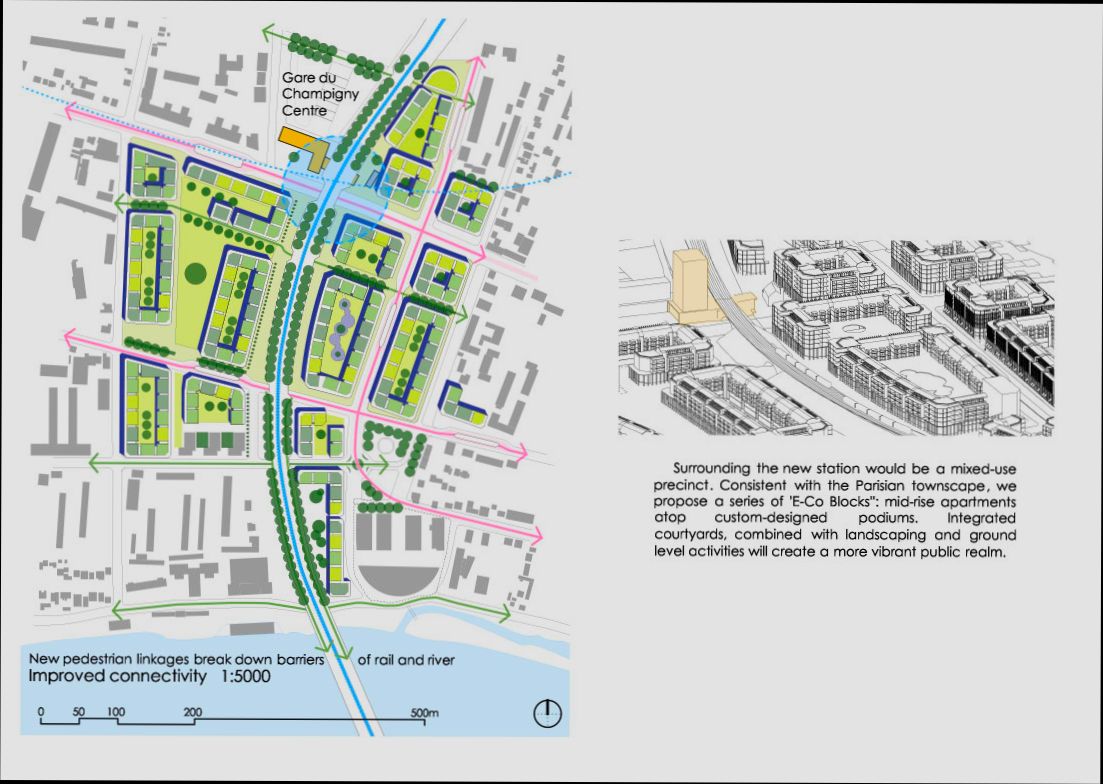
Government Policies Supporting Affordable Housing
In France, government policies play a crucial role in shaping the landscape of affordable housing. These policies are designed to address the urgent need for equitable access to housing across diverse income groups, particularly in urban areas. The proactive approach taken by the French government sets a strong example for achieving social housing goals.
Key Policies and Statistics
1. SRU Law (Solidarité et Renouvellement Urbain): Instituted in 2000, this landmark legislation mandates that urban municipalities must maintain at least 20% of their housing stock as social housing. As of a 2013 reform, this requirement will increase to 25% by 2025 for communities where over half of the housing is utilized.
2. Penalties for Non-Compliance: Municipalities that do not meet the 25% goal risk facing severe penalties, including budgetary fines and the potential use of eminent domain for land acquisition necessary for affordable housing. This places the onus on local governments to actively find ways to construct affordable units.
3. Impact of the SRU Law: Over a decade, municipalities on average enhanced their social housing share by about 1.5 percentage points. Notably, certain areas with higher income demographics saw a social housing increase of 4.2%, while lower-income municipalities experienced challenges, such as Bobigny, which decreased its social housing share by 11.3%.
| Municipality | Percentage of Social Housing (2021) | Change Over 10 Years |
|---|---|---|
| Saint-Cloud | < 7% | - |
| Bobigny | 32% | -11.3% |
| High-Income Area | 25% | +4.2% |
| Average Increase | 1.5% | - |
Real-World Examples
The SRU Law’s implementation showcases notable differences in social housing availability:
- Saint-Cloud: Characterized by low social housing presence, this municipality is nearing its goal with only a slight increase in stock. The local government faces significant pressure to meet the forthcoming 25% requirement.
- Bobigny: As a suburb with a significant low-income population, the local authority’s drop in social housing share to 32% illustrates the complexities involved. The municipality’s high social housing percentage compared to wealthier areas is evident, yet the decline raises alarms about maintaining affordable options for residents.
Practical Implications
- Local Government Responsibility: It’s essential that you understand how government mandates create direct accountability. Municipalities need to identify strategies like leveraging partnerships with housing authorities to ensure compliance with the SRU Law.
- Funding Availability: The backing of national funding mechanisms to support the building of affordable housing units ensures a reliable source for financing. This contrasts sharply with the limited funding seen in many U.S. housing initiatives, providing a more stable environment for affordable housing development.
- Sustainable Development Goals: Engaging with these policies allows municipalities to address and improve environmental sustainability in the long run, ensuring that affordable housing does not come at the cost of quality living conditions.
Facts and Actionable Advice
Know that adherence to the SRU Law is not optional for local governments; it’s a mandated initiative that demands a systematic approach to housing policy. Engage in dialogues within your community to advocate for the prioritization of social housing construction and understand how penalties can motivate significant improvements. Learn from areas that have successfully expanded their social housing units, as they can often provide templates for your municipality’s strategies.
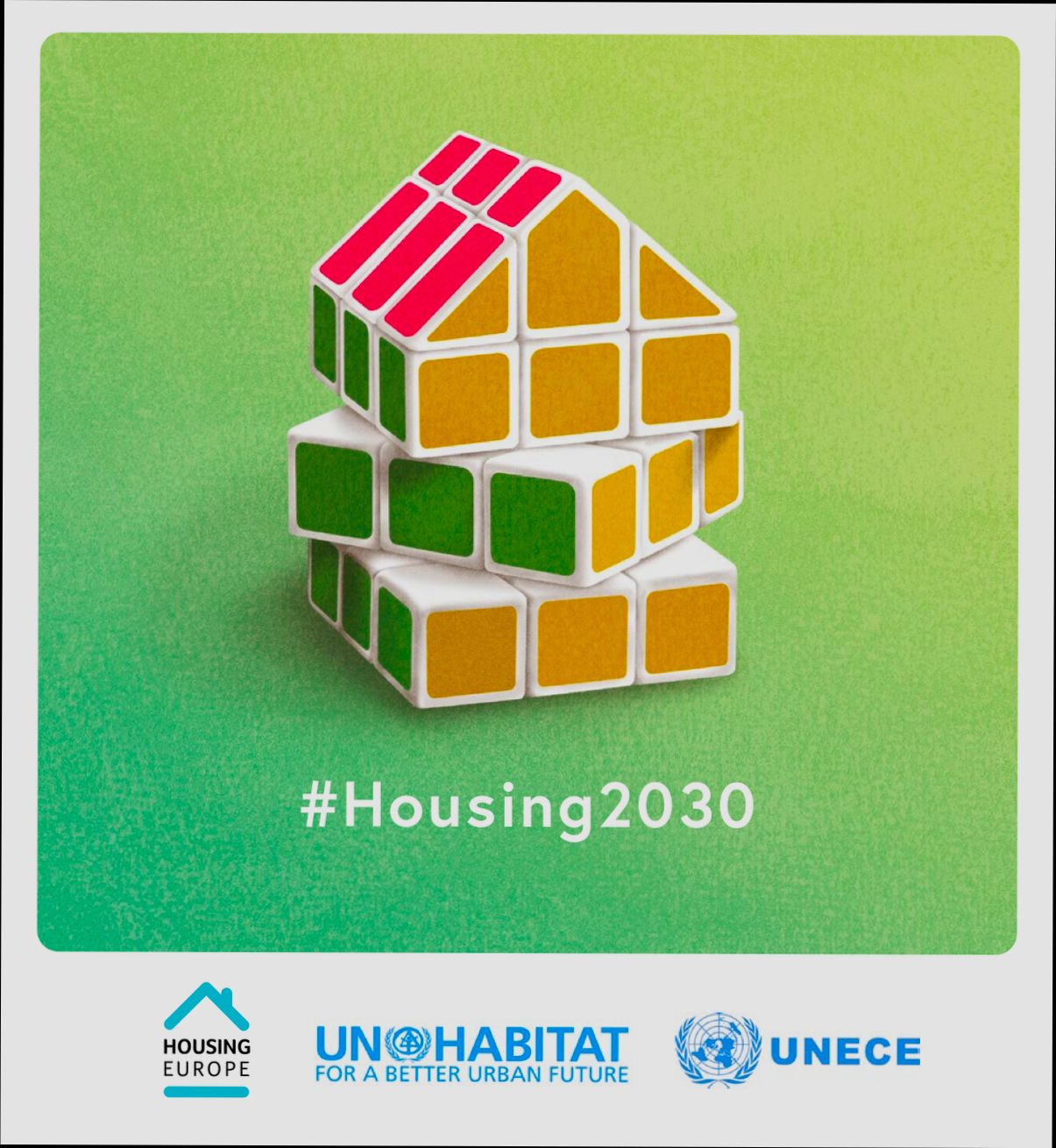
Community-Driven Housing Projects in France
Community-driven housing projects in France represent a significant shift toward addressing the urgent need for affordable housing through collaboration and innovative approaches. By empowering local communities to have a say in their housing solutions, we can tackle both the affordability crisis and the homelessness issue head-on.
Key Points on Community-Driven Housing
- Community Involvement: Community-driven projects encourage active participation from residents, resulting in housing designs that cater specifically to their needs and preferences.
- Vulnerability to Housing Instability: Nearly 330,000 people are homeless in France, emphasizing the critical need for effective community solutions to provide secure housing options.
- Alternative Financing Options: The European Investment Bank has signed a €125 million financing agreement with Livie, a subsidiary of the BATIGERE Network, to support community-driven housing initiatives aimed at constructing 1,500 new affordable homes over the next five years.
- Local Initiatives: Cities like Paris have introduced regulations mandating the allocation of certain quotas for community-driven housing in new developments, fostering inclusivity and affordable options.
Comparative Table of Community-Driven Housing Projects
| Project Type | Location | Number of Units | Financing Source |
|---|---|---|---|
| Livie’s Affordable Homes | Nationwide | 1,500 | European Investment Bank |
| Community Co-housing | Paris | 200 | Local Government Grants |
| Self-build Initiatives | Marseille | 300 | Community Crowdfunding |
| Cooperative Housing Models | Lyon | 150 | Public-Private Partnerships |
Real-World Examples
- Livie and EIB Partnership: The EIB’s partnership with Livie illustrates a community-driven approach to housing, focusing on urban areas with high demand. Their program aims to deliver 1,500 affordable homes, specifically targeting middle-income workers who struggle to find suitable housing.
- Co-housing Initiatives in Paris: Several co-housing projects have emerged, allowing residents to design and collectively manage their living spaces. These projects often include shared amenities and facilities, strengthening community bonds while keeping housing costs manageable.
- Community Land Trusts: In cities like Marseille, community land trusts are becoming popular. These nonprofits buy and hold land for community use, ensuring that housing remains affordable for generations.
Practical Implications for Community-Driven Housing
- Empowerment of Local Residents: Engage in community meetings to voice your housing needs and preferences, ensuring your voice is part of the decision-making process.
- Partnership Opportunities: Explore collaborations with local organizations that aim to create or fund community-driven housing initiatives, enhancing community resilience against market pressures.
- Advocate for Local Policies: Support local initiatives and policies that favor community-driven housing projects, such as zoning changes that allow for alternative housing models.
Investing in community-driven housing projects not only addresses immediate needs but fosters long-term sustainability, ultimately enhancing the quality of life for urban residents facing economic challenges.
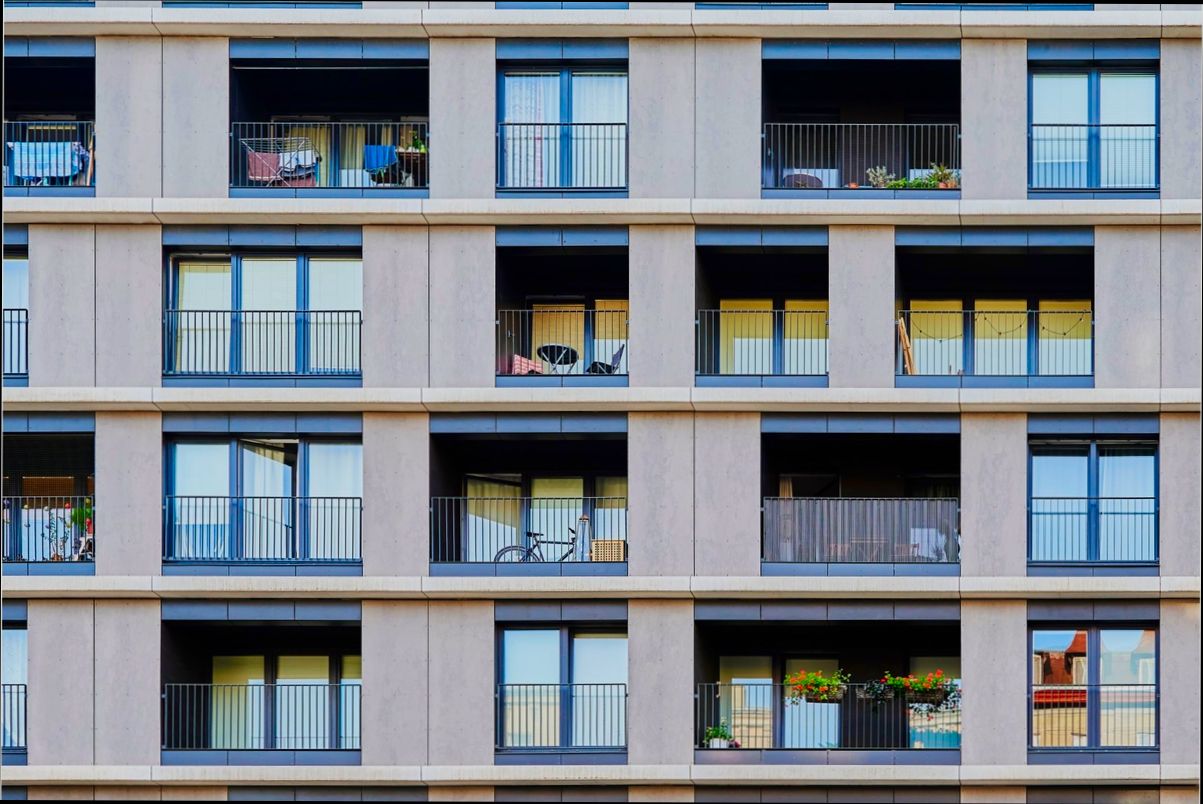
Benefits of Affordable Housing Initiatives
Affordable housing initiatives in France are essential for fostering a more equitable and sustainable environment. By addressing the pressing issue of housing shortages and high living costs, these initiatives create numerous benefits that resonate throughout the community. Let’s explore the impactful advantages of affordable housing programs.
Economic Stability
Affordable housing initiatives help achieve economic stability for low- to middle-income households. As noted in recent assessments, more than 9 million people in France live below the poverty line, making affordable housing critical. When families can secure stable housing, they are less likely to struggle with financial burdens, enabling them to allocate resources towards education, health care, and saving for the future.
Social Cohesion
Creating affordable housing options fosters social cohesion within communities. When diverse income groups live in proximity, it encourages inclusivity and reduces social isolation. For instance, cities like Paris have implemented local initiatives requiring that a percentage of new developments be designated as Intermediate Rental Housing (IRH), thereby promoting mixed-income neighborhoods that enhance societal integration.
Public Health
Stable and affordable housing contributes significantly to public health outcomes. Research consistently shows that individuals with secure housing experience better physical and mental health. Given that over 330,000 individuals in France are homeless, initiatives aimed at increasing affordable housing can directly combat this crisis and its associated health risks.
Environmental Impact
Affordable housing initiatives can be designed with sustainability in mind, promoting eco-friendly construction and energy efficiency. This not only reduces the carbon footprint but also decreases utility costs for residents. Programs like the €125 million financing agreement with the European Investment Bank support developments that are environmentally conscious and economically viable.
Comparative Insights on Housing Benefits
| Benefit | Economic Impact | Social Integration | Public Health Improvement | Environmental Sustainability |
|---|---|---|---|---|
| Affordable Housing Initiatives | ☑️ | ☑️ | ☑️ | ☑️ |
| Traditional Private Housing | ❌ | ❌ | ❌ | ❌ |
Real-World Examples
- The partnership between the European Investment Bank and Livie exemplifies the benefits of affordable housing. Their agreement will finance 1,500 new homes over five years in densely populated areas, significantly improving access to affordable housing for middle-income workers.
- Regional projects that allocate specific quotas for IRH in urban planning demonstrate successful integration of affordable options, ensuring that developments are available for diverse populations.
Practical Implications for You
If you’re interested in supporting affordable housing initiatives, consider advocating for local policies that promote these programs. Participating in community forums or reaching out to local representatives can amplify the call for more accessible housing options. Additionally, staying informed about new developments can provide opportunities for you to engage in investment or community building.
Take Action
Be proactive about the need for affordable housing. Join community efforts that align with these initiatives or even consider how you might support or invest in local housing projects. By doing so, you play a role in shaping a more inclusive and stable housing landscape in France.
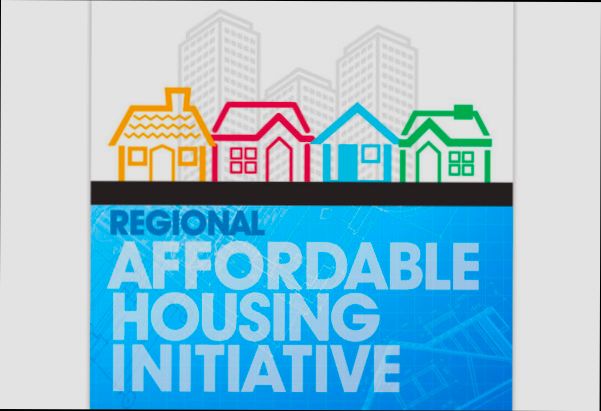
Financing Options for Affordable Housing
Financing affordable housing in France involves a combination of public funding, private investment, and innovative financial instruments. Let’s dive into how these various options are being utilized to address the urgent need for affordable housing solutions.
Key Financing Mechanisms
Several key financing options are currently fostering the development of affordable housing:
- European Investment Bank (EIB): The EIB plays a crucial role in financing affordable housing projects. For example, it recently partnered with Livie, a subsidiary of the BATIGERE Network, to fund €125 million for the construction of 1,500 affordable homes across France.
- European Fund for Strategic Investments (EFSI): This fund underpins EIB loans, significantly enhancing available resources for affordable housing initiatives. The EFSI guarantees loans that facilitate the construction of essential housing units designed for middle-income workers.
- Public-Private Partnerships: These partnerships are gaining traction as a way to pool resources and expertise from both sectors. They allow private developers to bring in capital while leveraging public land and support, which can lead to more efficient project execution.
- Tax Incentives: Legislative measures provide tax relief for developers engaged in affordable housing projects. These incentives help decrease overall project costs, making them more feasible, especially in densely populated urban areas that are under pressure for housing.
Comparative Table of Financing Options
| Financing Option | Description | Example |
|---|---|---|
| European Investment Bank (EIB) | Provides loans to support large-scale affordable housing projects. | €125 million loan for 1,500 homes |
| European Fund for Strategic Investments (EFSI) | Guarantees loans, making financing more accessible for affordable housing initiatives. | EIB loans backed by EFSI |
| Public-Private Partnerships | Collaborative projects between public and private entities to fund and manage developments. | Multiple IRH projects across France |
| Tax incentives | Fiscal benefits for developers investing in affordable housing to reduce project costs. | Reduced VAT for affordable housing units |
Real-World Examples
The partnership between the EIB and Livie exemplifies how collaborative financing can lead to tangible results. With a loan agreement of €125 million, they are set to produce 1,500 new homes, especially benefiting regions with acute housing shortages like Île-de-France and Provence-Alpes-Côte-d’Azur.
Additionally, local initiatives have also prioritized intermediate rental housing (IRH) by setting quotas in new property developments. This local approach further diversifies the financing landscape as municipalities allocate funds specifically for affordable housing.
Practical Implications for Readers
If you’re interested in engaging with affordable housing initiatives, consider the following:
- Explore Public-Private Partnerships: Look for opportunities to engage with local governments to facilitate affordable housing projects through joint ventures.
- Stay Informed about Tax Incentives: Understanding the current tax benefits available for developers can significantly enhance financial viability, helping you estimate project costs more accurately.
- Engage with EIB and EFSI Opportunities: If you’re a developer or investor, take the time to apply for EIB loans or engage with EFSI for funding options that can support your projects.
Specific actionable advice includes identifying neighborhoods with housing shortages and proposing public-private partnerships as a solution, leveraging the existing framework of EIB and EFSI funding to back your initiatives efficiently.
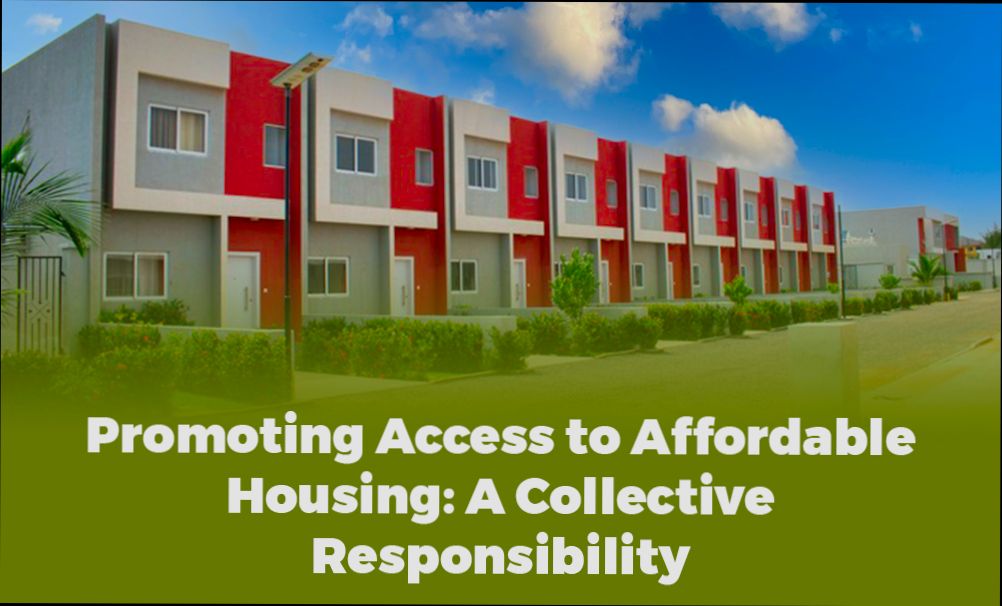
Sustainable Practices in Affordable Housing Development
In the quest for affordable housing, sustainable practices have gained significant traction across France. By integrating eco-friendly designs, materials, and community engagement, these initiatives not only address the need for affordability but also contribute to environmental conservation. Let’s dive into how these practices are being applied in affordable housing development.
Key Sustainable Practices
1. Energy Efficiency:
- Implementing energy-efficient technologies can significantly reduce utility costs, making housing more affordable in the long run. Studies indicate that sustainable buildings can save residents up to 30% on energy bills.
2. Sustainable Materials:
- Using materials that are locally sourced or recycled minimizes the carbon footprint of construction. For instance, the use of recycled steel can reduce construction waste by up to 90%.
3. Water Conservation Systems:
- Incorporating rainwater harvesting and greywater recycling systems in affordable housing can decrease water usage by as much as 50%, promoting sustainability while lowering expenses for tenants.
4. Green Roofs and Community Gardens:
- Developing green roofs not only improves insulation but also helps to manage stormwater runoff. Projects with green spaces have seen an increase in community engagement by 20%, facilitating a stronger community bond.
Comparative Table of Sustainable Practices
| Practice | Potential Reduction in Costs | Environmental Impact |
|---|---|---|
| Energy Efficiency | Up to 30% | Significant carbon footprint reduction |
| Sustainable Materials | 90% in construction waste | Lower extraction impact |
| Water Conservation Systems | 50% decrease in water usage | Reduced strain on local water supply |
| Green Roofs | Can lower heating/cooling costs by 10-20% | Improved urban biodiversity |
Real-World Examples
- Fédération des Entreprises de Génie Écologique (Federation of Ecological Engineering Companies): This initiative promotes the use of eco-designed homes, integrating local materials and designs that reflect the regional climate while ensuring affordability. It showcases how local partnerships can drive sustainable housing development.
- Habitat Participatif: This concept focuses on community-led housing projects where residents directly influence design and eco-friendly practices. These projects use a mix of biosourced materials and aim to reduce energy use by nearly 40% compared to traditional homes.
Practical Implications for Readers
By adopting sustainable practices in affordable housing development, you can create living spaces that are not only economic in nature but also environmentally responsible. Here’s how you can apply these ideas:
- Choose Energy-Efficient Designs: If you’re involved in development, consider mandates for energy-efficient appliances and insulation technologies.
- Explore Local Material Suppliers: Partnering with local suppliers not only supports the economy but also reduces transportation emissions.
- Incorporate Water-Saving Technologies: Ensure that new developments include systems for managing water efficiently.
Make sustainability a core feature of affordable housing strategies. These practical steps will not only make housing more affordable but also contribute to a healthier planet.
